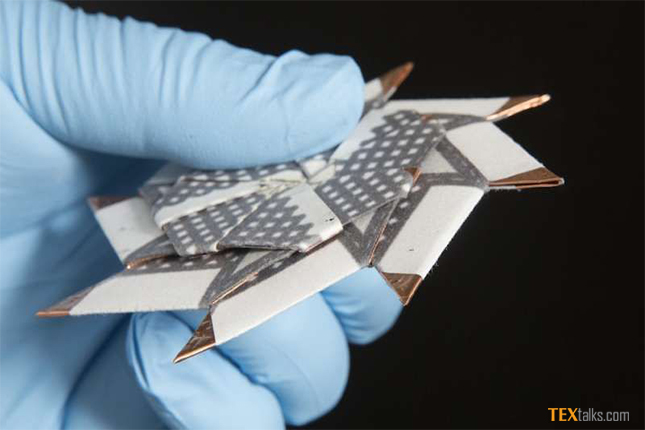Researchers have constructed a textile-based, bacteria-powered bio-battery. The aim of the flexible battery is for incorporation into wearable electronic devices. The invention of the battery comes from Binghamton University, State University of New York. The prototype can produce a sufficient level of power to operate a typical wearable device. The technology behind the battery is a microbial fuel cell.
A microbial fuel cell is a type of bio-electrochemical system that drives an electric current through using bacteria. The cell uses the types of bacterial interactions found in nature. With the cell a chemical that transfers electrons from the bacteria in the cell to the anode.
Most microbial fuel cells are used for wastewater treatment. The Binghamton researchers, however, have found a different application. The researchers found, in contrast to traditional batteries, microbial fuel cells are an effective power sources for wearable electronics. This is because the all microbial cells act together as a biocatalyst to provide a stable enzymatic reaction.
One key design feature, and something useful to the growing wearable market, is the ability of the battery to continue to produce a consistent level of electricity and remain stable when twisted and stretched multiple times. Interviewed by Controlled Environments magazine, lead researcher Professor Seokheun Choi explains that his stretchable, twistable power device could become the standard platform for textile-based bio-batteries.
Professor Choi explains: “There is a clear and pressing need for flexible and stretchable electronics that can be easily integrated with a wide range of surroundings to collect real-time information.”
The researcher adds: “Those electronics must perform reliably even while intimately used on substrates with complex and curvilinear shapes, like moving body parts or organs. We considered a flexible, stretchable, miniaturized bio-battery as a truly useful energy technology because of their sustainable, renewable and eco-friendly capabilities.”



